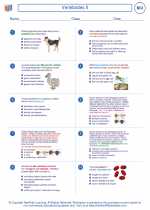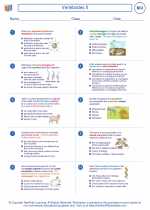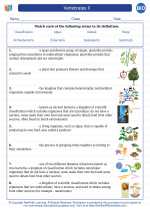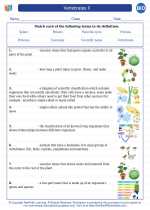Oxytocin
Oxytocin is a hormone and neuropeptide that plays a crucial role in various physiological processes, including childbirth, lactation, and social bonding.
Function
Oxytocin is primarily known for its role in facilitating childbirth by stimulating uterine contractions during labor. Additionally, it promotes the let-down reflex in lactating mothers, facilitating the release of milk from the mammary glands. Beyond its reproductive functions, oxytocin also influences social behaviors, such as trust, empathy, and bonding between individuals.
Production
Oxytocin is produced by the hypothalamus, a region of the brain, and is released by the posterior pituitary gland into the bloodstream. Its release is triggered by various stimuli, such as nipple stimulation during breastfeeding, skin-to-skin contact, and emotional interactions.
Effects
The effects of oxytocin are diverse and impact different physiological and behavioral processes. In addition to its role in childbirth and lactation, oxytocin has been implicated in reducing stress and anxiety, promoting wound healing, and modulating social behaviors, including maternal-infant bonding and pair bonding in romantic relationships.
Study Guide
Key Concepts
- Role of oxytocin in childbirth
- Stimuli that trigger oxytocin release
- Effects of oxytocin on social behaviors
- Physiological and emotional impacts of oxytocin
Study Tips
- Review the process of uterine contractions during labor and the role of oxytocin in this process
- Explore research studies on the impact of oxytocin on social behaviors and bonding
- Consider the potential therapeutic applications of oxytocin in the treatment of various conditions, such as anxiety disorders and autism spectrum disorders
◂Biology Worksheets and Study Guides High School. Vertebrates II

 Worksheet/Answer key
Worksheet/Answer key
 Worksheet/Answer key
Worksheet/Answer key
 Vocabulary/Answer key
Vocabulary/Answer key
 Vocabulary/Answer key
Vocabulary/Answer key
 Vocabulary/Answer key
Vocabulary/Answer key
